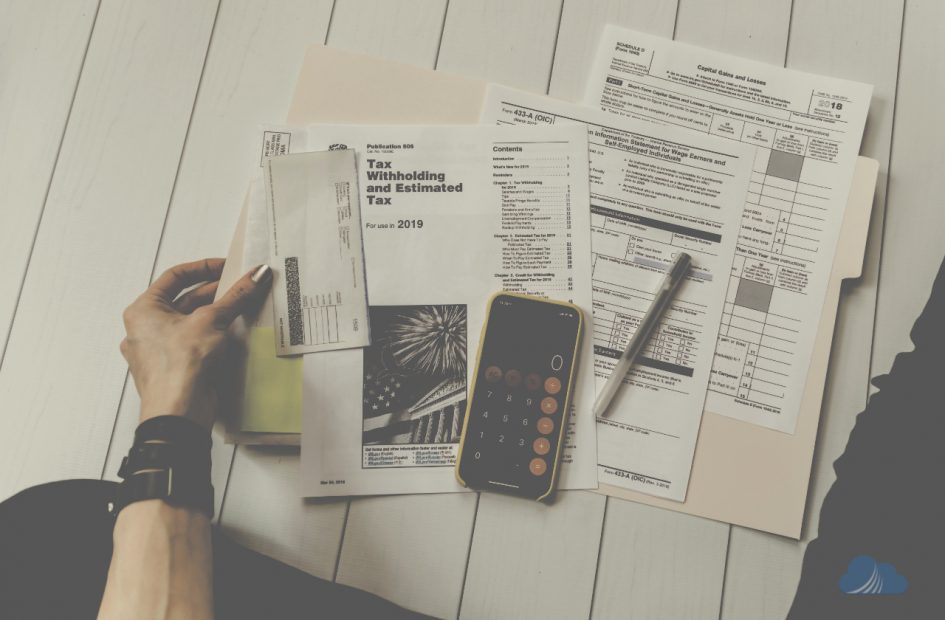Due to the recent COVID pandemic, many people have found themselves either out of work or not working as much. This resulted in several families forced to live on a reduced income. Even though things are picking up after COVID, we’re not quite back to normal yet. We need to learn how to live on the reduced income available to us and redo our budgets. Here are 10 tips on how to create and manage a budget to reduce income.
Prioritize your expenses
Not all of your spending is important. You need to look at your expenses and your budget to clarify for yourself what things need to take precedence over others. For example, rent is far more important than spending money on going out with friends. Once you prioritize your spending, it’s easier to see where you may be able to cut some spending. You will also be able to make difficult decisions when it comes to your bills. When you know what’s most important, you’ll make better decisions with your reduced income because of COVID.
Set goals you’re able to achieve with reduced income
It’s important to have financial goals for yourself. For example, you may want to save a certain amount of money or pay off your credit card debt. Start with large, umbrella goals, such as buying a house or paying for college. Then, detail what you will need to do to achieve your large goals by writing out smaller goals, such as saving a certain amount per week. This will help keep you on track. If you ever find that you aren’t meeting your goals, do not be discouraged. It happens. Just be proactive about getting back on track without taking out high-interest loans.
Reduce spending
If you are living on a reduced income, you won’t be able to spend quite as much as you did before. Look at your spending to see where you can cut corners. For example, if you usually eat out for lunch every day, you can start to bring lunch from home to save money. You can also go out with friends less and skip out on going to the movies. This doesn’t mean you need to avoid fun all together, but you need to reduce the costly activities and swap them out for less expensive alternatives. If you find yourself getting talked into expensive things by family and friends, just explain your situation. They will understand.
Lower your bills
Bills take up a large portion of your income, and you need to pay them if you want a roof over your head and electricity. However, you may not have to pay as much as you are right now. Look at how you may be able to reduce the cost of your bills. Do you have any subscriptions you don’t use that you can cancel? Do you need to pay for HBO? You should also look for ways to reduce electricity and water usage in your home. Use the air conditioner less and take shorter showers. Every little bit helps when working with a new budget that includes more reductions than you are used to.
Consider installment loans
There may be times where you forgot something in your budget and need to pay for it right away. However, if you aren’t making as much money as before, it may be difficult to get traditional loans. Installment loans are a great option for people who may not be able to get traditional loans but don’t want to pay the exorbitant fees associated with payday loans. Installment loans provide a clear repayment plan. While still high, the fees aren’t as high as payday loans. Plus, you’ll pay back even less if you pay it back more quickly than the schedule dictates. Just remember to include the installment loan payments in your budget.
Find a side gig / Extra Income
Ultimately, you may just need to make more money. That means you may need to find a side gig or a part-time job. There are many options available these days. Some people opt to drive for rideshare companies or deliver food to people. Other people may fill out surveys to make a little extra money. Still, others look into freelancing in photography, computer design, or writing. This extra money will help cover expenses, but hopefully, it will contribute to your savings.
Don’t forget to plan for unexpected expenses with lower income
Life is unpredictable. Things happen that you don’t expect all the time, such as a flat tire or a sudden illness. You need to be prepared for anything that comes your way. To prepare for these instances, you should start building your savings as soon as possible. These savings will come in handy when something unexpected happens or you simply forget an expense. This cushion should only be used in emergencies, and you need to replenish your emergency fund as soon as you take from it.
Spruce up the resume
You may simply need a new job if yours isn’t able to pay the bills anymore. That doesn’t mean you should quit. However, you should spruce up the resume in preparation for what may come next. Send your resume out until you start to get some responses. If you find something more stable with long-term potential, why not take advantage of this new opportunity? Don’t forget to make a new budget once you get acclimated to your new position.
Sell items you don’t need
Most of us have far more stuff than we could need or want, for the most part. Look into some of the things that you don’t need anymore. Sell these items on Facebook Marketplace, Kijiji, or other apps designed to help you sell your goods. Make sure to write a detailed and compelling description and include plenty of pictures. Be as accurate about the item as possible. If you enjoy selling items, you can turn it into a small business for yourself. This goes back to our Extra income segment.
Consolidate debt
If you have debt, the multiple due dates can be overwhelming. It can make it easy to forget one particular due date, only hurting your credit. Make things easier on yourself by consolidating all of your debt into one location with a debt consolidation company. In many cases, you’ll be able to pay less every month as well. This is extremely helpful if you faced with a reduced income thanks to COVID.
After COVID, many people noticed their savings depleting due to the reduced income. You, like many others, could benefit from reexamining your budget. Try installment loans, debt consolidation, and lowering your bills to help you live in your new budget. Once things are back to normal after COVID, you’ll have some savings, and you’ll be able to build even more savings.
- SkyCap Financial Named One of the Most Recommended Personal Loan Providers in Canada in 2023
- Protecting Your Finances: How to Avoid Personal Loan Scams
- 13 Reasons Why People Take Out A Personal Loan
- Understanding Debt-to-Income Ratios when Applying for a Personal Loan
- Alternative Loans vs. Traditional Loans: What You Need To Know








Leave a Reply
You must be logged in to post a comment.